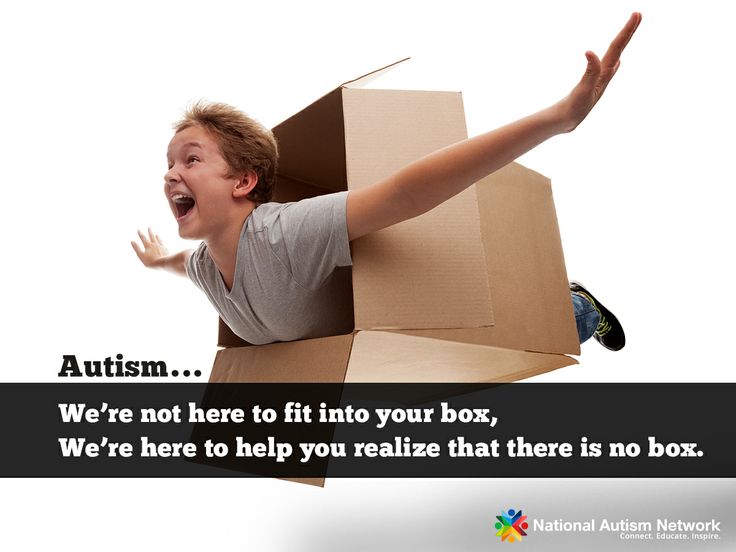Vanadium50
Well-Known Member
It is generally assumed that aspies are the ones that take things too literally and don't realize its a joke. I tend to fit that description, which is what keeps me isolated "most" of the time. Yet there are those rare occasions when "finally" I connect to someone and "I" make a joke but then "they" are the ones that miss it that its a joke, take it too literally, and think less of me as a result. So I feel like the roles have just switched. Normally I turn people off because I am the one thats aspie, but now wow I am lucky, in those rare occasions I turn them off for the opposite reason that I am not aspie enough. Okay just to clarify: no they weren't diagnosed with Asperger, it just "feels" that way on my end. So what it "feels" like on my end is "wow I am so lucky finally I talk to another aspi ... oh no! I just turned them off because I wasn't as much of an aspie as they were ... wait a second please give me a chance I mean there is nothing easier than to make myself slightly MORE aspie, why don't you give me a chance?!" but they don't want to listen.
Anyway, knowing how I tend to be long winded when trying to describe situations from my own life, lets instead give you a link regarding something that happened to someone else, but awfully reminiscent of some of what tends to happen to me: https://forums.plentyoffish.com/datingPosts5835229.aspx So, the type of situation I am complainin about will be best described if you pretend that the man on the story is me while the woman in that story is someone else. What is especially confusing is the woman herself used the word "humor", so if she knows its a humor why did she take it literally anyway? But, in any case, with equivalent stories from my life the women that rejected me didn't use the word humor so who knows maybe they knew it was humor maybe not, but fact remains they took me way too literally.
So how do you guys make sense of all that? which options do you think is best answer to my question
1. Since an aspie takes things literally "most" of the time, their audience wrongly assumes that "everything" an aspie says is "always" literal
2. There is time and place for taking things literally and time and place for joking. The problem with an aspie is not that an aspie is too literal OR not literal enough. Rather the problem is that aspie doesn't know when to be what.
3. In order to make a joke it has to be framed as a joke as well, and an aspie doesn't know how to frame it as a joke since "joke-framework" requires sense of humor which an aspie lacks.
4. Just like the title of the post in question states, NT knows it is humor. But since NT decided that the joke in question isn't funny enough, NT said that an aspie is bad at joking which is a turnoff. Kind of like, if you walk in the gym and tried to lift things and failed, it is worse than not walking into gym at all
5. When NTs tease aspies in school, teasing is a humor too, but it is supposed to put them down. So by making humor about myself I am essentially being my own bully so to speak.
So whats your take on it?
Anyway, knowing how I tend to be long winded when trying to describe situations from my own life, lets instead give you a link regarding something that happened to someone else, but awfully reminiscent of some of what tends to happen to me: https://forums.plentyoffish.com/datingPosts5835229.aspx So, the type of situation I am complainin about will be best described if you pretend that the man on the story is me while the woman in that story is someone else. What is especially confusing is the woman herself used the word "humor", so if she knows its a humor why did she take it literally anyway? But, in any case, with equivalent stories from my life the women that rejected me didn't use the word humor so who knows maybe they knew it was humor maybe not, but fact remains they took me way too literally.
So how do you guys make sense of all that? which options do you think is best answer to my question
1. Since an aspie takes things literally "most" of the time, their audience wrongly assumes that "everything" an aspie says is "always" literal
2. There is time and place for taking things literally and time and place for joking. The problem with an aspie is not that an aspie is too literal OR not literal enough. Rather the problem is that aspie doesn't know when to be what.
3. In order to make a joke it has to be framed as a joke as well, and an aspie doesn't know how to frame it as a joke since "joke-framework" requires sense of humor which an aspie lacks.
4. Just like the title of the post in question states, NT knows it is humor. But since NT decided that the joke in question isn't funny enough, NT said that an aspie is bad at joking which is a turnoff. Kind of like, if you walk in the gym and tried to lift things and failed, it is worse than not walking into gym at all
5. When NTs tease aspies in school, teasing is a humor too, but it is supposed to put them down. So by making humor about myself I am essentially being my own bully so to speak.
So whats your take on it?
